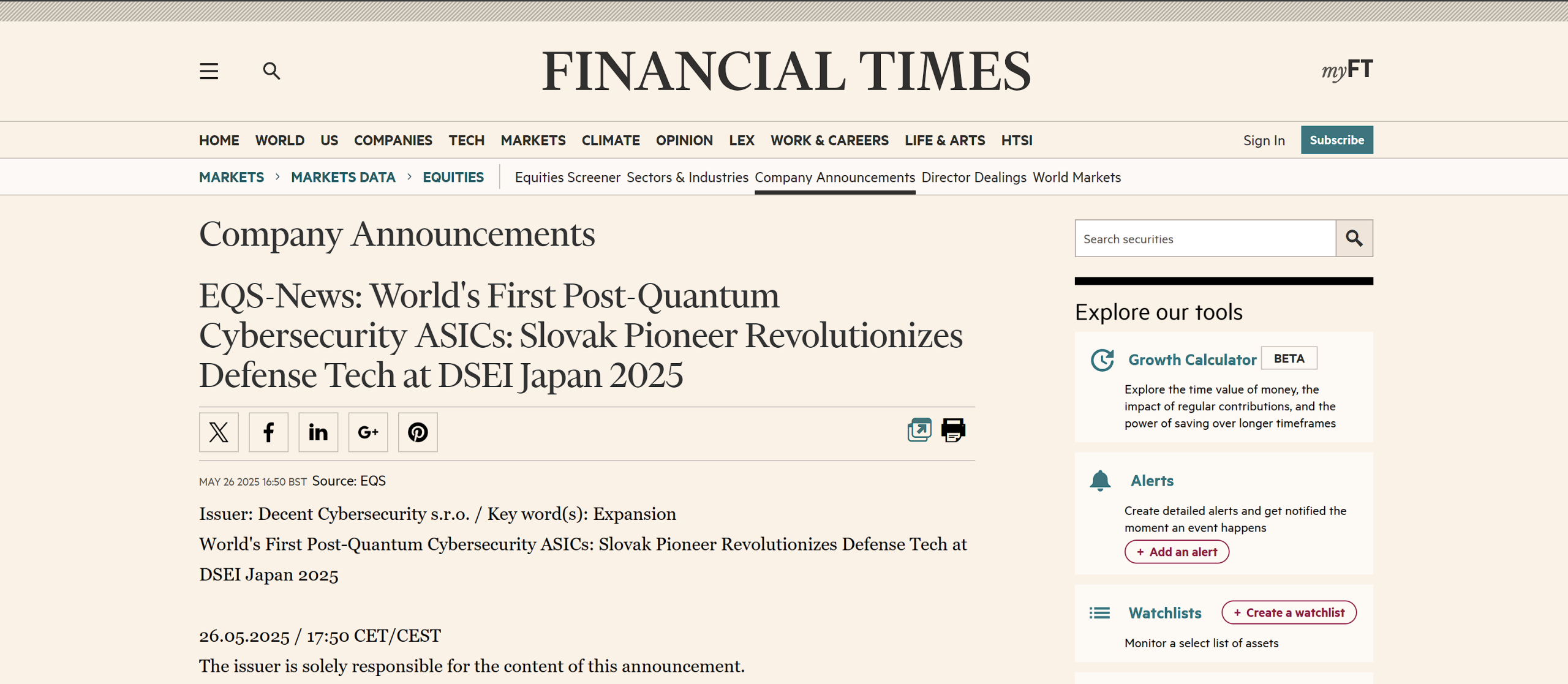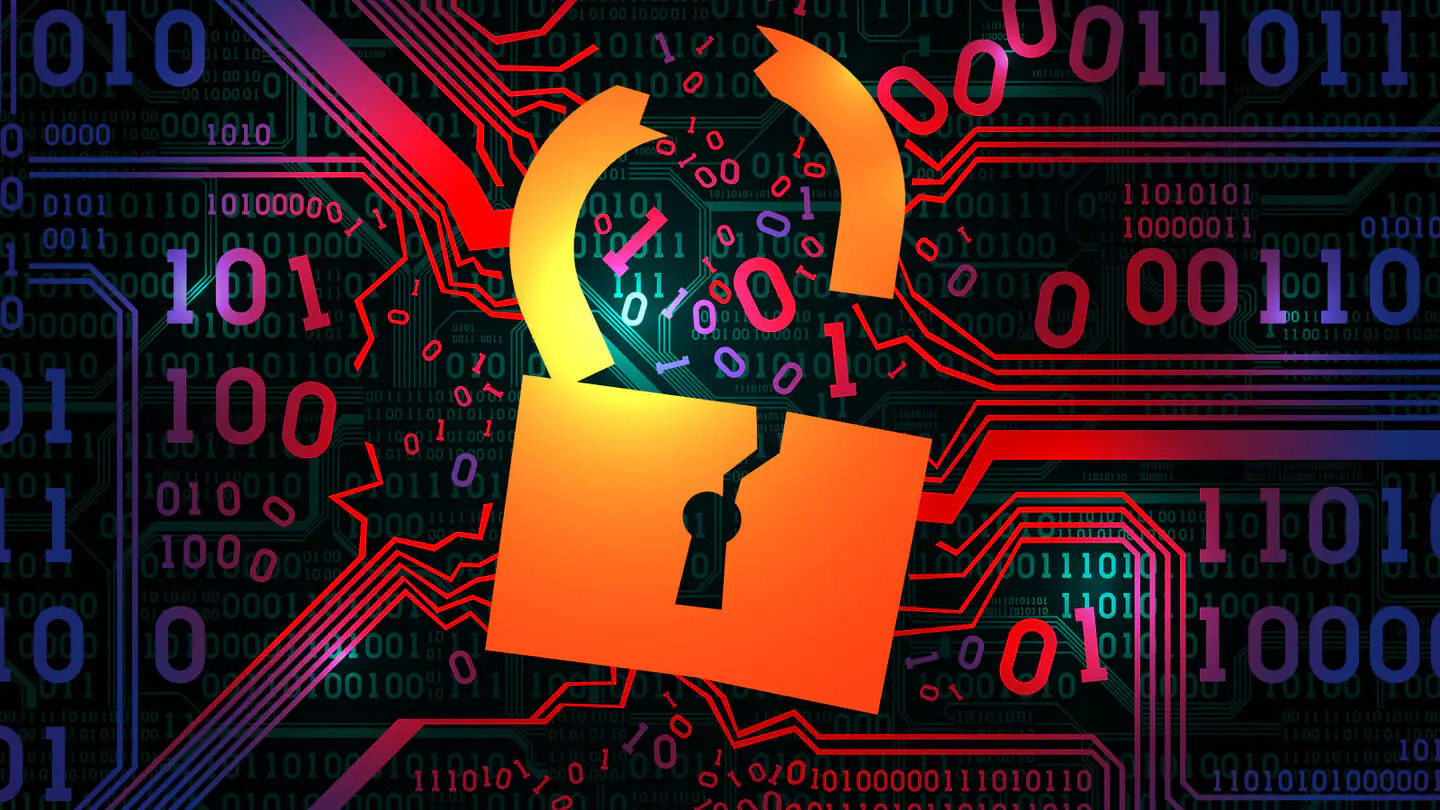The digital era, characterized by increasing data breaches and privacy issues, has accentuated the importance of robust data protection mechanisms. The integration of blockchain technology and post-quantum encryption stands as a formidable response to these challenges. As 2024 progresses, their synergistic relationship offers unparalleled data protection and enhanced privacy.
Blockchain’s Immutable Ledger:
Blockchain’s core value proposition is its decentralized and immutable ledger system. Once data is recorded within this framework, retrospective alteration is impossible. Through cryptographic hashes and decentralized consensus mechanisms, data integrity is upheld. Moreover, blockchains can anonymize data, masking user identities behind cryptographic sequences, ensuring transactions and data storage maintain a high degree of anonymity.
The Quantum Computing Challenge:
Traditional cryptographic systems, though effective against current computational methods, are potentially vulnerable to quantum computers. These powerful machines might decipher traditional encryption in a short span, posing a significant risk to data security across various sectors.
Post-Quantum Encryption’s Defense:
In anticipation of quantum computational capabilities, post-quantum encryption has been developed. These algorithms are specifically designed to withstand quantum-based attacks. When integrated with blockchain, it results in a system where data is both immutable and shielded from prospective quantum threats.
Advanced Anonymity with zk-SNARKs and zk-STARKs:
Within blockchain, techniques such as zk-SNARKs and zk-STARKs, which are zero-knowledge proofs, offer advanced data anonymization4. These proofs allow for transaction validation without revealing any specific details of the transaction, ensuring utmost data privacy.
Prospective Developments:
It is anticipated that the combination of blockchain and post-quantum encryption could pave the way for encrypted digital IDs stored on blockchain platforms. This would validate both their authenticity and protection from quantum challenges. Such innovations could significantly impact sectors ranging from e-voting to digital healthcare, enhancing security and efficiency in data interactions.
In summary, as the volume and value of digital data grow, so do the vulnerabilities associated with it. However, the collaboration between blockchain and post-quantum encryption provides a promising path forward, offering robust data protection and genuine privacy. This partnership foreshadows a future rich with innovations that could redefine digital data management and interactions.
Recommended Readings:
Foundations of Blockchain
Quantum Implications for Cryptography
Introduction to Post-Quantum Encryption
The Role of Zero-Knowledge Proofs in Blockchain







